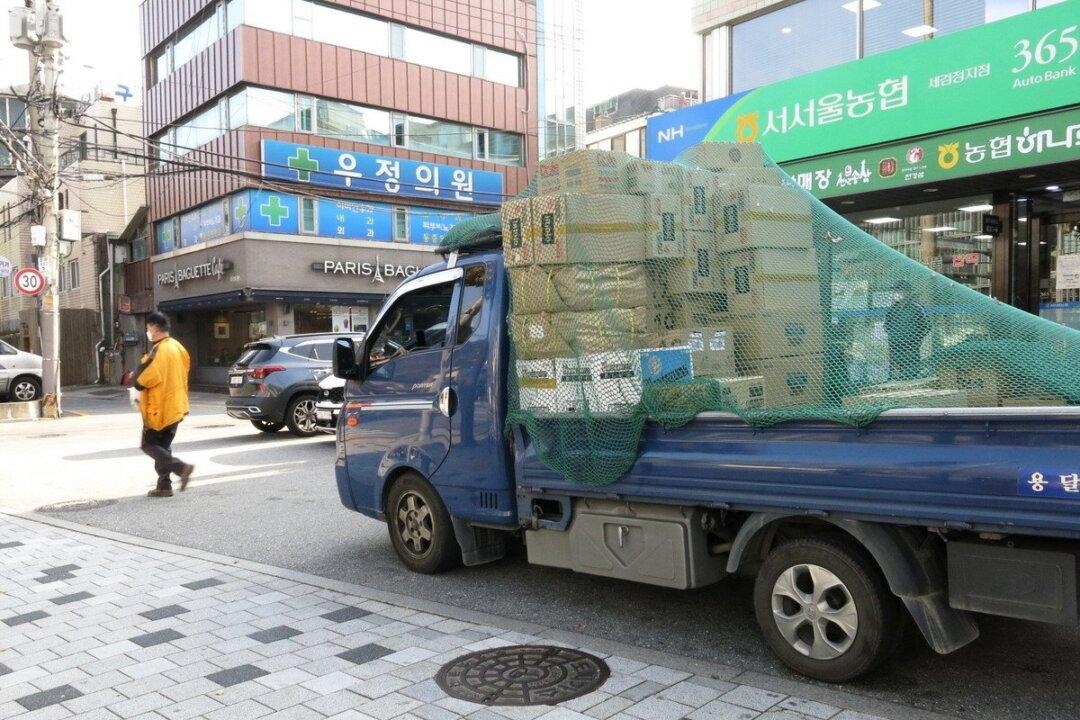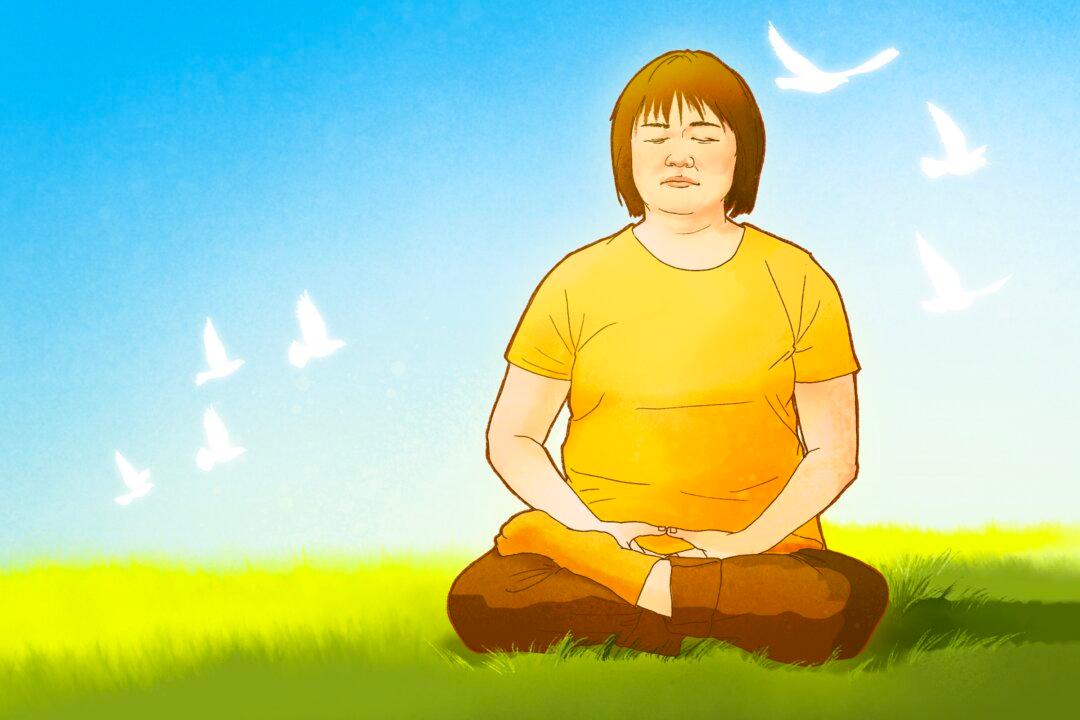South Korea is heavily dependent on China for imports of urea, a product derived from coal. In mid-October, China reduced its urea exports due to a coal shortage. South Korea is now in a deep crisis as the country’s nearly 4 million diesel vehicles cannot operate without urea.
Urea is the main component of diesel exhaust fluid (DEF), an additive used in diesel vehicles to reduce emissions. In South Korea, DEF is not only mandatory for air quality control purposes, but also essential for the proper operation of diesel vehicles sold after January 2015. Diesel vehicle owners need to fill their DEF reservoirs regularly. Otherwise, the vehicle may encounter an equipment breakdown or a failure in the engine fuel system.





